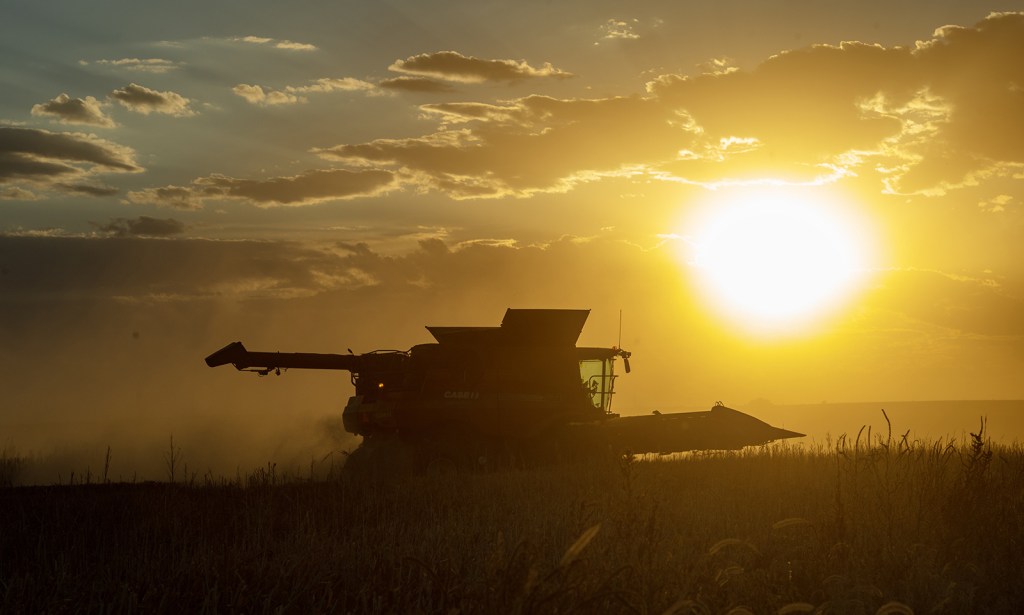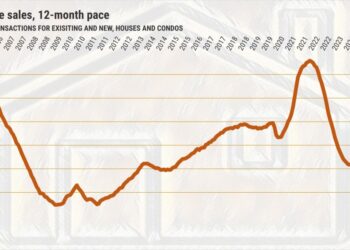WASHINGTON — It’s difficult for Mark Fellwock to find workers for his dairy farm.
He’s competing against businesses in town, where the pay is often higher and the work is often easier. So it can be hard to find good, reliable workers to help keep the dairy operation up and running.
“Our daily struggle is labor,” Fellwock told The Star. “We fight it every day.”
Last year, Fellwock traveled to Washington hoping to change that. He spent time at the Capitol, asking lawmakers to support a bill to reform a program that allows farmers to bring in migrant workers on a short term basis – called the H-2A visa program.
Currently, the H-2A program is only open to seasonal workers. That doesn’t fit Fellowock’s needs. He wants the program to allow year-round workers, which would make his dairy eligible to hire people for parlor work – helping to milk the cows.
His appeal fell on deaf ears.
Congress has been unable to pass comprehensive immigration for decades. And as partisan politics harden divisions on issues like border security and legal pathways to citizenship, it has become even more difficult to reform programs where there appears to be some common ground, like the H-2A visa program.
“There are things we could agree on, that 60 votes in the Senate could be had, a majority of the House would support, a president would sign,” said Sen. Jerry Moran, a Kansas Republican. “But we get stymied because we don’t do everything. And therefore we can’t do something.”
The inability to do something has left farmers in Kansas and Missouri struggling amid a lasting labor shortage in the agriculture industry. The two states are among the top agriculture producers in the country, yet employ far fewer migrant farm workers than states with less agricultural output.
In 2023, Kansas had 1,406 migrant workers under the H-2A visa program, employed by 220 businesses. Missouri had 906 migrant workers, employed…
Read the full article here







